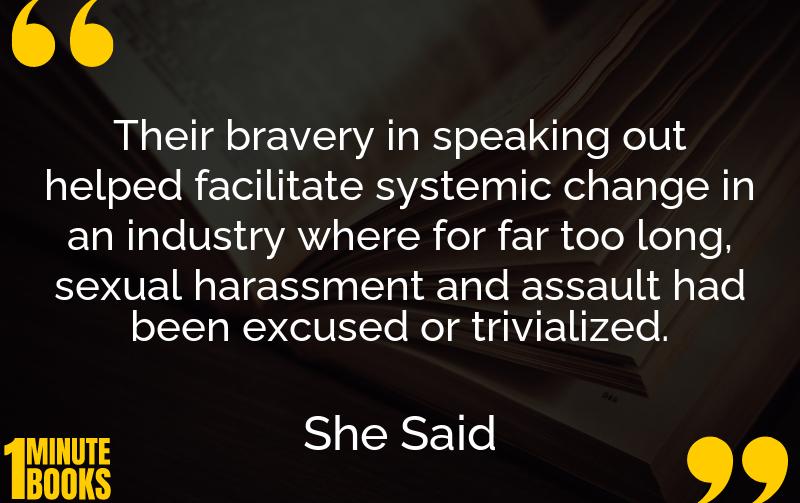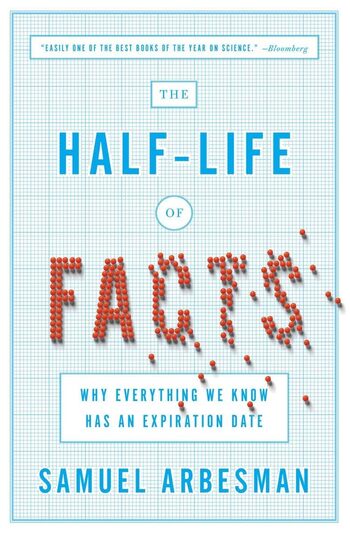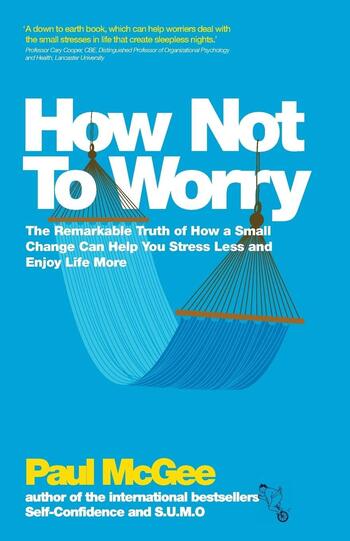
This book captures the intense investigation by Jodi Kantor and Megan Twohey into Harvey Weinstein’s sexual harassment, igniting the #MeToo movement and revealing industry-wide abuse.
Main Lessons
- Investigative journalism can be a powerful catalyst for social change, uncovering truths that many try to hide.
- Breaking the silence around sexual harassment requires immense bravery from both reporters and victims.
- The systemic protection of perpetrators is a significant barrier to justice, needing collective societal effort to dismantle.
- Public revelations can prompt widespread social movements, as seen with the global impact of the #MeToo movement.
- The struggle to convince people to go on record reflects the pervasive culture of fear and intimidation by powerful abusers.
- Confidentiality agreements often serve as tools for silence, forcing victims to relinquish their voice for settlements.
- Persistent investigative efforts can break through sophisticated networks designed to cover up abuses.
- The role of media and legal avenues in either suppressing or exposing truths is crucial in shaping public discourse.
- Highlighting the courage of individuals who risk personal safety to reveal misconduct inspires others to come forward.
- The downfall of powerful figures like Harvey Weinstein demonstrates that even the most protected aren’t immune from accountability.
- Ford’s testimony and its impact on the #MeToo movement underscore the intersection of sexual assault and political power.
- Despite reaching important milestones, the path to justice and equality in addressing sexual harassment is ongoing.
- Supporting each other within communities of survivors can aid in healing and empower more to share their stories.








